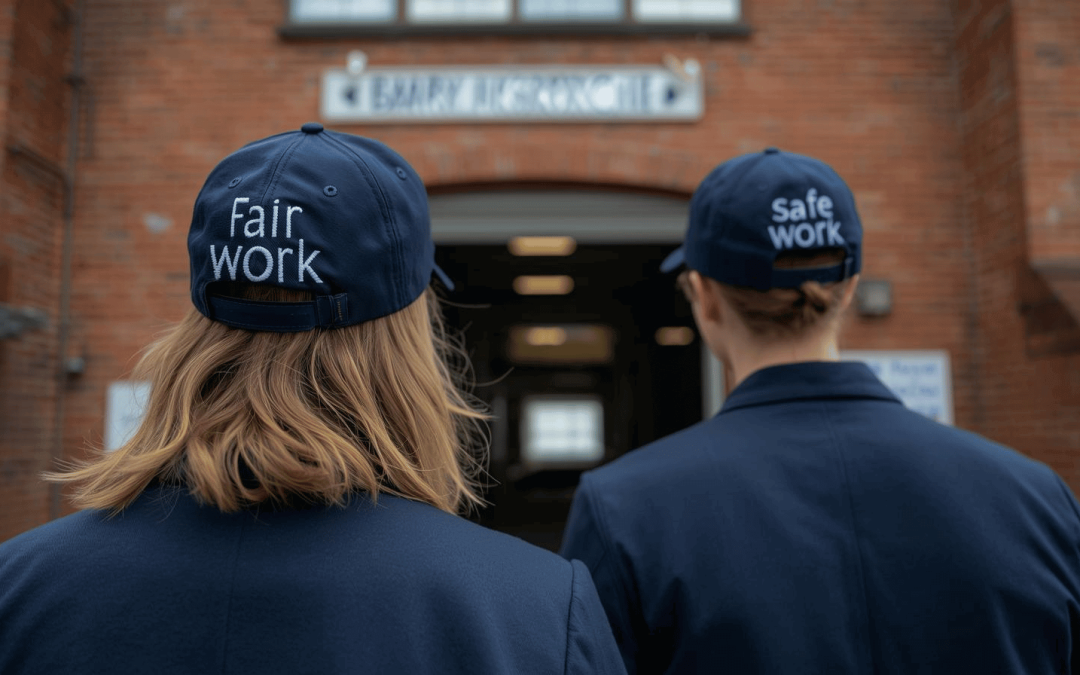|
About this case
This decision by the Federal Court arose from proceedings initiated by the Fair Work Ombudsman and a class action for employees in relation to alleged underpayment of wages by Coles and Woolworths.
At issue was the question of over how long a period could an employer rely on a set-off provision in an employment contract to effect set-off of and compensation for award entitlements such as minimum wages, allowances, overtime and shift loadings and penalty rates.
In Coles case, the relevant period in the contract was 12 months and in Woolworths it was 6 months.
There have been cases in the Fair Work Commission where annualised wage arrangements have been inserted in modern awards but the door had always been left open in the related decisions for another gateway via common law contracts.
The General Retail Industry Award 2020 which applies in this case doesn’t have an Annualised Wage Arrangements clause but it is quite specific on this issue in that it states: “Wages must be paid for a pay period according to the number of hours worked by the employee in the period or they may be averaged over a fortnight”. This “averaging” element is consistent with other arrangements across different industries where RDOs and averaging of wages is commonplace.
The judge in this case made the decision that employees have to be paid for hours in the pay period in which they worked them. That invalidated the arrangements that Coles and Woolworths relied on for people to work additional hours in some pay periods and set off the overtime and penalty payments applying to those hours against above award remuneration on other pay periods for up to 6 or 12 months.
So they now each have another considerable set of underpayments of wages to deal with, something that unfortunately happens far too often.
Record keeping requirements
A secondary issue that arose was in relation to Coles and Woolworths being found to have not complied with their record keeping obligations.
Specifically, Fair Work Regulations provide that an employer must maintain records of overtime hours worked and the starting and finishing times of overtime hours if a penalty rate of loading applies to those hours.
It is quite common for people to believe that, if you are on salary, you don’t have to record your working hours. The judge made it clear that having a set-off clause does not exempt employers from other obligations under legislation and regulations and so Coles and Woolworths were obliged to maintain these overtime records and were in breach for not doing so.
The judge’s decision in this regard is consistent with Annual Wage Arrangement clauses where they exist in modern awards in that they require the keeping of records of starting and finishing times and breaks and annual reconciliations of actual hours and remuneration against what entitlements under the award would otherwise have been (ie but for the Annualised Wage Arrangement).
The decision also puts the two employers in a difficult situation in resolving underpayment claims if they don’t have clear records of the days and times that relevant employees actually worked pay period by pay period.
Other considerations
Firstly, I would note that these major retailers have been trying to find a way around penalty rates for many years going back to WorkChoices which preceded the Fair Work era. The issue resurfaced again recently when employers made application to the Fair Work Commission to have the General Retail Industry Award 2020 varied to provide for a standard loading on minimum rates in compensation for overtime loadings and penalty rates.
The Albanese Government responded with a commitment to outlaw removal of overtime loadings and penalty rates from modern awards by legislation from 1 July 2026.
So the wagons really are circling around these entitlements in government, in the courts and in modern awards.
What do we learn from all of that?
A few thoughts:
- You need to ensure that, if an employee is covered by a modern award or an enterprise agreement, the employee receives their full entitlement to wages, allowances, penalty rates and overtime loadings and any other monetary benefit as per that instrument in every pay period (subject to any averaging arrangement or other variation allowed for in the instrument).
- If there is significant variation in different pay periods in the hours of work of an employee who is on an annualised salary (or flat weekly or fortnightly or monthly wage), it is critical that you maintain records of the hours and do the reconciliations to ensure that the employee is not disadvantaged and that you have the evidence to support your position in the event of an underpayment claim.
- If you are using set-off clauses in common law contracts, you need to get these reviewed in the context of this decision and the difference that makes in their legal application.
- There are a variety of reasons why it is good practice to have accurate records of your employees’ actual (as opposed to notional or contractual) working hours, some of which are legal ones like the ones that have been cited in this case. So, if you aren’t doing that, it is something for you to look at.
- You might also find that it is just as easy to pay people an hourly rate and comply with the award in relation to additional payments for extra hours as and when those situations arise.
If you need someone to talk through the issues and options for your business, we would be happy to help.
Please call us on 0438 533 311 or email enquiries@ridgelinehr.com.au if you want to explore how we might be of assistance with any issues like this in your business.
|










